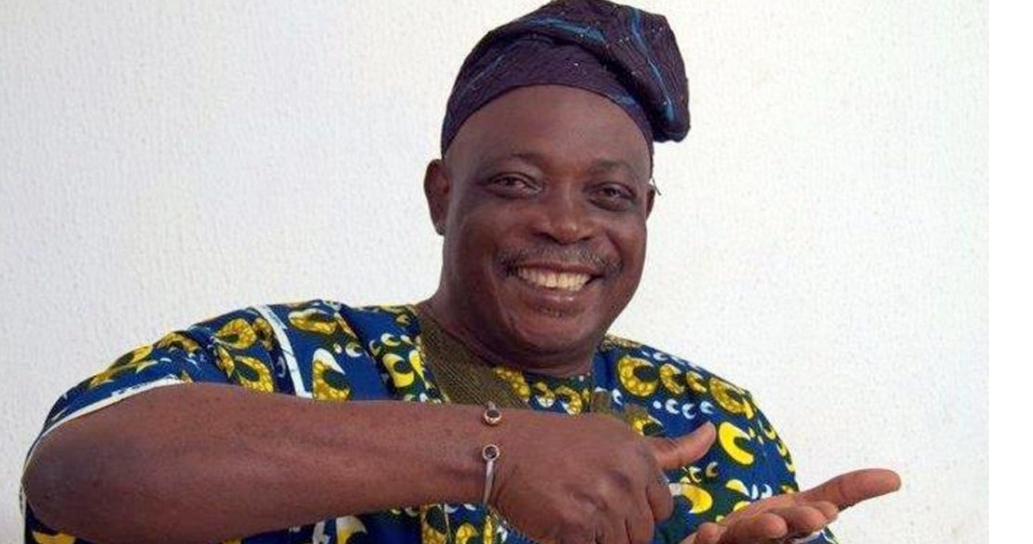Former Governor of Oyo State and the Otun Olubadan of Ibadanland, Oba Rashidi Ladoja, has strongly denied allegations made by former Osun State Governor, Chief Bisi Akande, concerning the withdrawal of the case surrounding the assassination of former Attorney General of the Federation and Minister of Justice, Chief Bola Ige.
In a firm rebuttal during a press briefing at his residence on Ondo Street in Ibadan on Tuesday, Ladoja accused Akande of spreading falsehoods, stating unequivocally, “Chief Akande lied against me.”
Chief Bola Ige was assassinated on December 23, 2001, at his residence in Ibadan under circumstances that have remained a subject of national concern.
His murder, which occurred during Nigeria’s democratic transition, sent shockwaves across the country, given his prominence as a former Minister of Justice and a Senior Advocate of Nigeria (SAN).
Over the weekend, Chief Akande reignited discussions about the unresolved case, suggesting that Ladoja, who later became Governor of Oyo State in 2003, might have had crucial information regarding the investigation. However, Ladoja swiftly refuted these claims, emphasizing that he had no involvement in the case’s withdrawal.
“Chief Bola Ige was assassinated on December 23, 2001, which was 18 months before I assumed office as Governor of Oyo State on May 29, 2003,” Ladoja clarified. “I didn’t withdraw the case, and my government didn’t withdraw any case.”
The legal proceedings following Bola Ige’s murder have been marred by inconsistencies, political tensions, and allegations of cover-ups. Some key suspects, including prominent political figures, were arrested and later released due to insufficient evidence.
Ladoja maintained that the case was pursued diligently within the judicial system, noting that it was prosecuted up to the Supreme Court. He dismissed Akande’s insinuations as misleading and pointed out that such allegations could further obscure the path to justice.
Beyond defending himself, Ladoja took a swipe at Akande’s credibility, suggesting that the former Osun governor had a history of distorting facts. “Chief Akande is old. This is not his first time. People say he lies. Even Baba Ayo Adebanjo (Afenifere leader) said he lied in his book,” Ladoja stated.
He further emphasized his personal connection with Chief Bola Ige, expressing deep sorrow over his assassination: “We are all deeply saddened by Ige’s death. We are all concerned about his murder. I was very close to Chief Bola Ige when he was alive.”
Despite Ladoja’s denial, the controversy surrounding Bola Ige’s murder remains unresolved. Many Nigerians continue to question why successive administrations have failed to bring the perpetrators to justice, fueling speculation that political interests may have hindered investigations.
The latest exchange between Ladoja and Akande underscores the lingering political undercurrents associated with the case. Observers argue that beyond accusations and counteraccusations, renewed efforts should be made to uncover the truth and hold those responsible accountable.
As Nigeria grapples with the ghosts of past political assassinations, the unresolved case of Chief Bola Ige serves as a grim reminder of the challenges in delivering justice in the country’s political landscape



